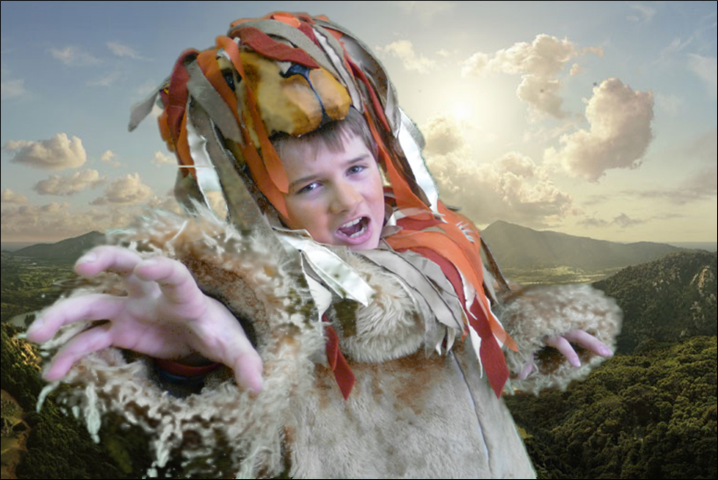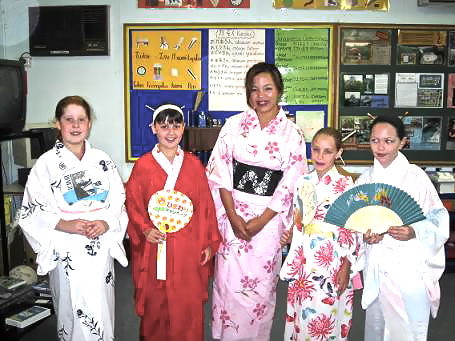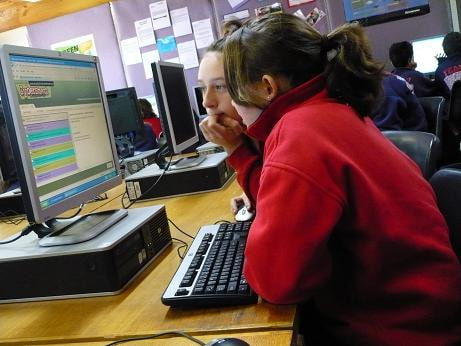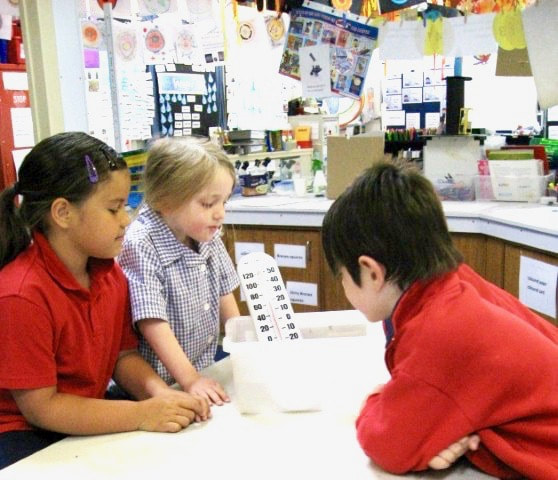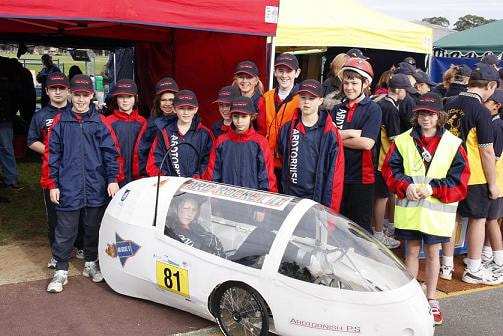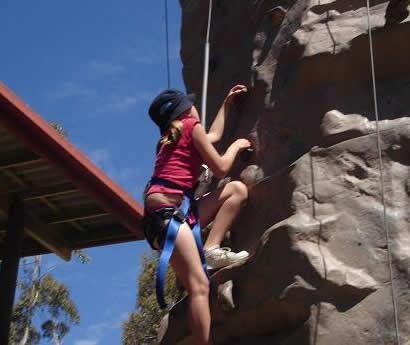Summary of Special Programs
|
Teaching programs at all levels provide for learning within the following areas of curriculum, namely Mathematics, English, the Performing and Visual Arts, Studies of Society and the Environment, Science, Technology, Health and Physical Education. Japanese is taught as a second language.
Arts The Arts have a high focus at Ardtornish Primary School. Quality arts performances by outside groups are also an integral part of the school program. Visual Arts - Students work with various staff to learn more about painting/presenting/producing visual arts pieces. Pedal Prix - Students enter a state wide competition. Aerobics, Cheer, Dance and Hip Hop Science - Ardtornish has a specialist science, design and technology classroom space where students engage in hands on investigations. From activities including exploring the human body to incubating chickens, from chemical experiments to weather observations students learn in an engaging way. Environmental Education Environmental Education is valued at Ardtornish Primary School. The school has a garden area. Recycling, awareness of energy consumption, caring for class gardens are activities adopted by classes. Music Children are exposed to rich and varied musical experiences and often take up opportunities to perform to outside audiences. Choir - develops singing and performance skills and we participate in the 'Festival of Music' each year. Instrumental Music features strongly at Ardtornish Primary School. The school provides the venue and administrative support for students who wish to learn to play a musical instrument. School band - This group plays a role in bringing together students with high skills and interest in music. Physical Co-ordination and Fitness Aerobics and Dance Teams are very popular programs using aerobic/dance routines to develop and extend selected students in Years 4 - 7 in the areas of fitness and co-ordination. Team building plays a most important role in this program. The teams perform at other venues as well as competing at various championships at both state and national levels. Fun & Games is a program which specifically addresses difficulties with physical co-ordination of some teacher identified students from Reception to Year 2. The program's main focus is on building student’s confidence and self-esteem by improving their physical co-ordination. School Sport Teams are dependent on the outstanding assistance of parents. The school participates in SAPSASA sport which allows students from Years 5 – 6 to be selected for District Representative Teams and possibly State Representative. Swimming and Aquatics is a required part of the curriculum. Water confidence and safety lessons, conducted by DECS swimming instructors. ASSESSMENT AND REPORTING Parents are actively encouraged to discuss and clarify any issues or concerns as they arise. The school endeavours to provide open communication between home and school.
All support programs are implemented to reflect the specific needs of students and to support their learning. Identification of specific learning needs occurs in a consultative manner between school, parents and outside agencies. If your child has special needs please ensure the school is well informed in advance so that appropriate arrangements can be made in consultation with you. STUDENT LEADERSHIP
|


